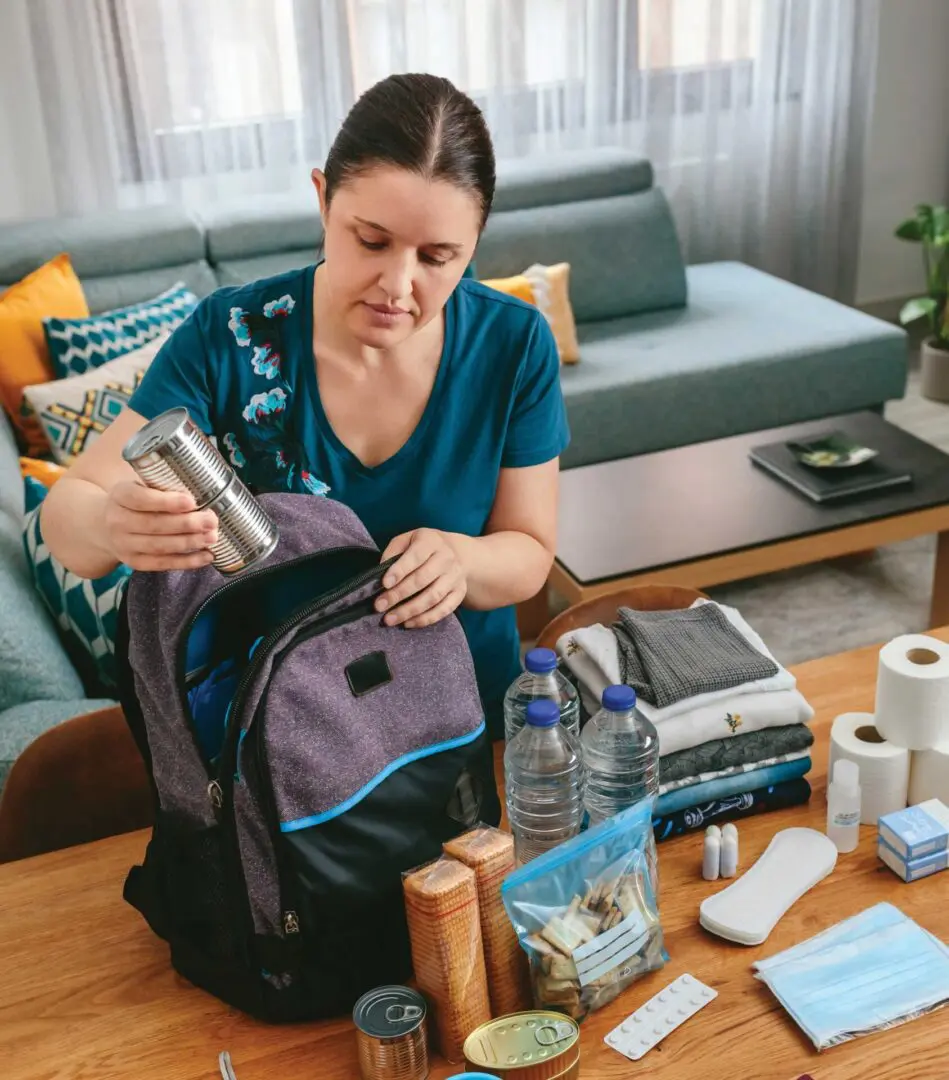Staying Safe When Nature Threatens
By Ms. Sofia Schatz, Staff Writer
Natural disasters such as hurricanes, fires, tornadoes, and earthquakes are inevitable occurrences that can cause damage to people, homes, and the environment. Most critically, they endanger lives. Despite their sudden and unpredictable nature, early planning and knowledge of emergency care for post-disaster circumstances can greatly reduce their impact.
Understanding how to stay safe during these events is necessary. Here are guidelines for safety during specific natural disasters:
- Earthquakes: Indoors, seek shelter under a sturdy table away from falling objects, protecting your head and neck with your arms. Outdoors, move to an open space away from buildings, power lines, and trees.
- Tornadoes: Ideally, find shelter in a storm cellar. If unavailable, seek the lowest level of your home, such as a basement or an interior room without windows. If caught outside, find a low-lying area like a ditch.
- Hurricanes: Stay indoors away from windows, preferably on the lowest level of a sturdy building.
- Fires: Plan two escape routes, evacuate immediately, and avoid inhaling smoke. Stop, drop, and roll if you catch fire.
- Avalanches: Check the forecast, travel with a group, have appropriate gear such as an avalanche beacon, probe, and shovel, avoid risky terrain, and learn about avalanche safety.
- Blizzards: Stay indoors, prepare your home with necessary supplies, keep warm, and avoid travel.
- Cold Weather Emergencies: Dress in layers, stay dry, hydrate and eat well, be aware of frostbite and hypothermia symptoms, and check weather reports.
- In the aftermath of a natural disaster, being prepared with an emergency kit is crucial. Here are essential items:
- Flashlight and Extra Batteries: Necessary for navigating in darkness caused by power outages.
- Food and Water: Nonperishable food and an ample water supply are essential as refrigerated food may spoil and access to supplies may be limited.
- Bandages and Gauze: Critical for providing immediate care to injured people before professional medical help arrives.
- CPR Knowledge: Vital in cases where immediate medical assistance is delayed, and someone requires resuscitation.
In conclusion, while natural disasters cannot be predicted or prevented, having a pre-established plan can greatly reduce injuries and fatalities. Conducting practice drills specific to the prevalent disasters in your area, such as hurricanes in Florida, is advisable. Knowledge of first aid and proactive planning is key to saving lives during emergencies.

